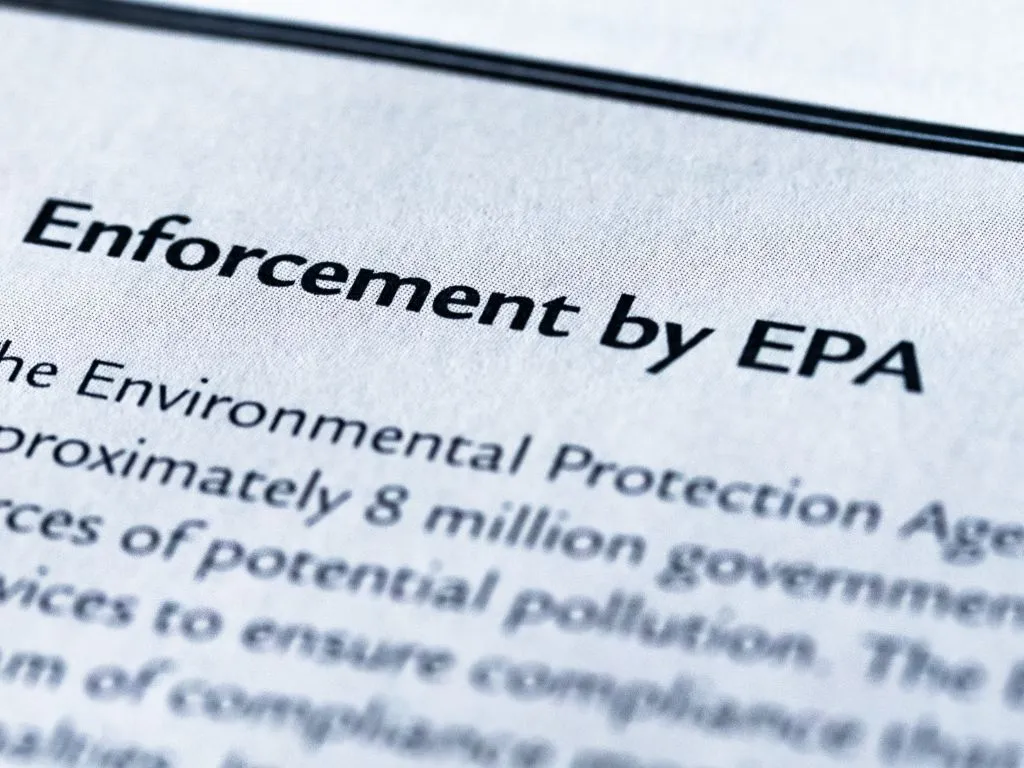- Home
- News Details
News Details

EPA Issues Compliance Guide for Methylene Chloride Rule after Banning Most Uses Due to Health Risks
2024-07-18 Reference source : Environmental Protection Agency (US EPA)
Chemical industry Deadline Hazardous chemicals Regulatory Updates United States
On July 10, 2024, the U.S. Environmental Protection Agency (EPA) issued a compliance guide for the recently enacted methylene chloride risk management rule under the Toxic Substances Control Act (TSCA). The guide is intended to assist industry, workers, and stakeholders to comply with the regulations designed to prevent injuries, illnesses, and deaths.
In April 2024, EPA finalized a ban on most uses of methylene chloride, citing its links to various cancers, neurotoxicity, and other severe health risks. The regulation, effective from July 8, 2024, aims to protect public health while allowing essential uses to continue safely under a robust Workplace Chemical Protection Program (WCPP).
Affected Stakeholders
The methylene chloride rule affects anyone involved in the manufacturing, importing, processing, distributing, using, or disposing of methylene chloride or products containing it. This includes the use of methylene chloride in laboratories.
Workplace Chemical Protection Program
A Workplace Chemical Protection Program (WCPP) is required in order to continue 13 conditions of use of methylene chloride. These uses include:
1. Domestic manufacturing
2. Import
3. Processing as a reactant
4. Processing in incorporation into formulation, mixture, or reaction product
5. Processing in repackaging
6. Processing in recycling
7. Use as a laboratory chemical.
8. Use in paint and coating removers for safety-critical, corrosion-sensitive components of aircraft and spacecraft
9. Use as a bonding agent for solvent welding
10. Industrial and commercial use as a processing aid
11. Use in the manufacture of plastic and rubber products
12. Use as a solvent that becomes part of a formulation or mixture where the formulation or mixture will be used inside a manufacturing process and the solvent (methylene chloride) will be reclaimed
13. Disposal
The WCPP requires owners and operators of facilities using methylene chloride to comply with new inhalation exposure limits, including a maximum of 2 ppm over an 8-hour period, and must create and enforce an exposure control plan.
Key Phase-Out and Information Deadlines:
- May 5, 2025: Prohibition on distributing methylene chloride for consumer use.
- April 28, 2026: Prohibition on most commercial uses.
- October 7, 2024: Deadline for manufacturers to update Safety Data Sheets (SDS) to spread awareness throughout the supply chain.
- December 4, 2024: Deadline for processors and distributors to update SDSs.
The compliance guide includes special attention to the interests and needs of small businesses. More information on the implemented regulation can be accessed here.
We acknowledge that the above information has been compiled from Environmental Protection Agency (US EPA).
Global Product Compliance (GPC) specializes in Global Regulatory Compliance Solutions across sectors
globally. SSS Europe, a familiar name in chemical regulatory and compliance services now formally belongs
under the umbrella of GPC Holding Sweden.
Since 2008, we have emerged as one of the leading names among Global Regulatory Compliance Service
Providers with Representation services in Europe, Asia and Middle East for respective chemical
regulations.

 Twitter
Twitter
